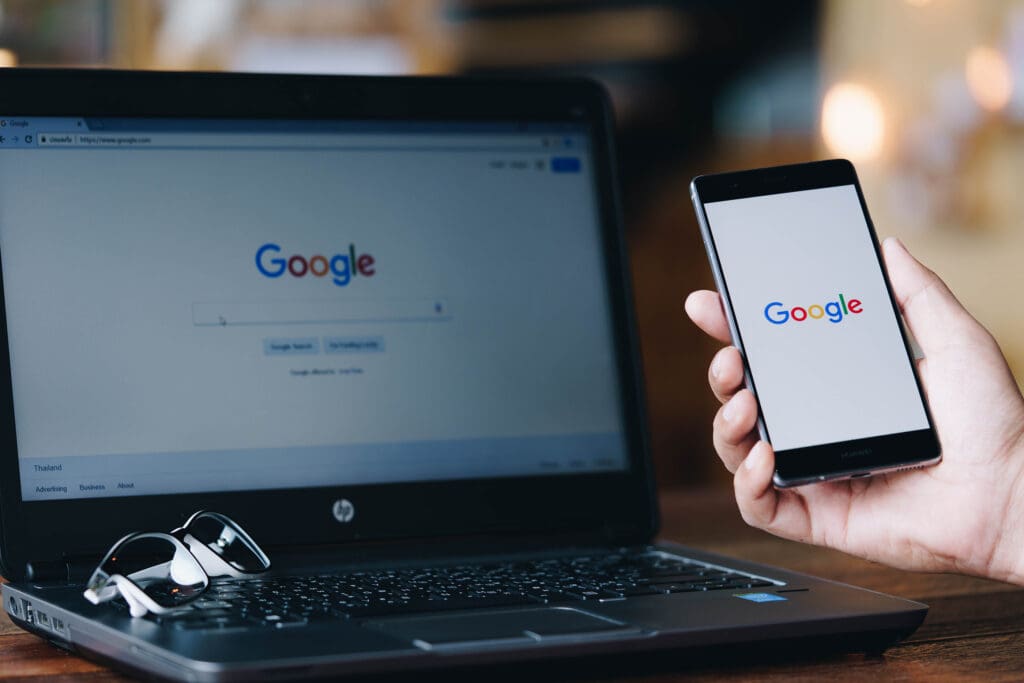
Google Is Keeping Cookies For Now
Google Is Keeping Cookies For Now https://www.lodestarmg.com/wp-content/uploads/2024/08/google-keeping-cookies-after-all-lodestar-marketing-group-269000308-bsp-1024x683.jpg 1024 683 Lodestar Marketing Group Lodestar Marketing Group https://www.lodestarmg.com/wp-content/uploads/2024/08/google-keeping-cookies-after-all-lodestar-marketing-group-269000308-bsp-1024x683.jpgRecently, Google surprisingly revealed that it had decided to back off its plan to stop using third-party tracking cookies in its native web browser, Chrome. Let’s talk about the policy reversal and what it means for digital marketing and online privacy.
What are Cookies?
We’ve all received the message “click here to accept cookies” when browsing a webpage, but what are we really agreeing to? Cookies are essentially small text files stored on your device to allow websites to collect user data. First-party cookies are typically meant to improve user experience on a site you visit by remembering customer preferences, such as searches, passwords, or shopping cart contents. On the other hand, third-party cookies are gathered by a website different from the one you are visiting. Essentially, they follow you from site to site, collecting your data along the way. Through this form of tracking and data collection, advertisers have the tools and information for personalizing ads in hopes that you’ll be more interested in the content you are shown versus a random ad you may not care about. For example, you visit a website selling kayaks. You later see an ad for that exact kayak when visiting another unrelated website. That is the result of a third-party cookie in action.
Google’s ‘Cookie-less’ Plan
For four years, Google had planned to remove third-party cookies from Chrome. Their goal was to create new web technology that would give companies data for a larger audience rather than for an individual user, thereby protecting the user’s privacy.
Recent Changes
After discussing this plan nonstop for the past few years, it came as a shock when Google announced on July 22, 2024 (which was right about when they were planning to kill the cookies) that they are planning to keep third-party cookies in the Chrome browser instead.
This change in plan seemingly may have been prompted by pushback and resistance from marketers, who heavily rely on that form of user insight. Although not much has been detailed about their ‘new path,’ Google has stated that they want to elevate user choice in their new approach, which could mean giving users more control over their tracking preferences.
What this Means for Online Advertising
As of now, third-party cookies will still be part of the Chrome browser, which means advertisers will still have access to user insights that allow them to create more personalized ads. It will be interesting to see what comes next as calls for more robust online privacy considerations continue.
Questions about what all this means for your business? Let’s talk.
- Post Tags:
- cookies
- digital marketing strategy
- Posted In:
- Digital Marketing



